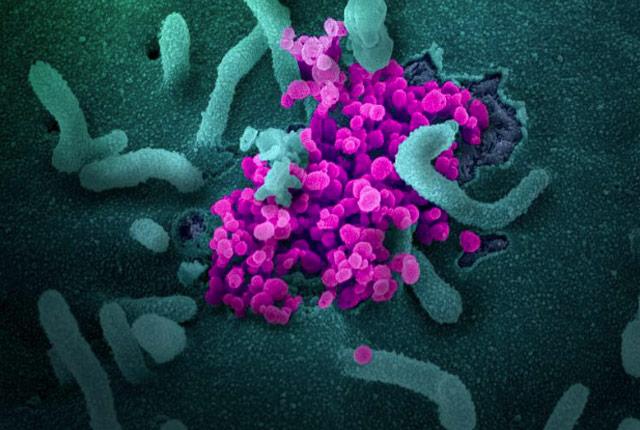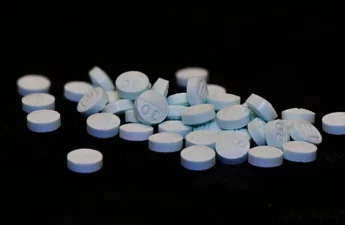From University of Washington School of Medicine

People who have had close contact with people with confirmed COVID-19 infections who took hydroxychloroquine were just as likely to get COVID-19 as were those who received a placebo, according to a preliminary data analysis from a large randomized, controlled trial.
Researchers at the University of Washington School of Medicine in Seattle led the study.
“This is a rigorous large-scale randomized, controlled clinical trial proving whether or not hydroxychloroquine is effective in preventing COVID-19, adding to less rigorously controlled studies,” said lead researcher Dr. Ruanne Barnabas, associate professor of medicine and global health at the UW School of Medicine.
“The additional data we have today provides strong evidence that hydroxychloroquine offers no benefit in preventing people developing COVID-19 with a 14-day treatment course,” Barnabas said.
The results were presented at IDWeek 2020, the Infectious Disease Society of America’s annual scientific meeting, Saturday, Oct. 24. The findings will be published in Open Forum Infectious Diseases.
Hydroxychloroquine, an antiviral medication that has been used primarily in treating malaria and for autoimmune diseases, has been touted as an effective treatment for and prophylactic against COVID-19 by a number of physicians and public figures.
Nearly 800 people participated in the trial, called the Hydroxychloroquine for COVID-19 Post-Exposure Prophylaxis, or PEP Study. All had a family member or another close contact who had tested positive for the infection. Participants were randomly assigned to take a daily tablet of hydroxychloroquine or a placebo.
Both groups collected daily nasal swabs. Prevention was defined as a negative daily test for COVID-19 within 14 days of exposure to a close contact who had been infected with the pandemic coronavirus.
At the end of the study, the researchers determined that those taking the drug were just as likely to test positive as were those taking the placebo. Participants taking the drug did not report significant side effects. The rate of reported side effects was similar in both groups.
After the study reached the predetermined threshold of data required by an independent monitoring board, the researchers concluded that hydroxychloroquine was no better than the placebo.
In the United States, hydroxychloroquine is approved by the U.S. Food and Drug Administration for the treatment of malaria, discoid and systemic lupus erythematosus, and rheumatoid arthritis. It is considered safe and well-tolerated.
In March, the FDA granted Emergency Use Authorization for the use of this drug for the treatment of some COVID-19 hospitalized patients, but rescinded the authorization in June over safety concerns and the lack of evidence of effectiveness.


